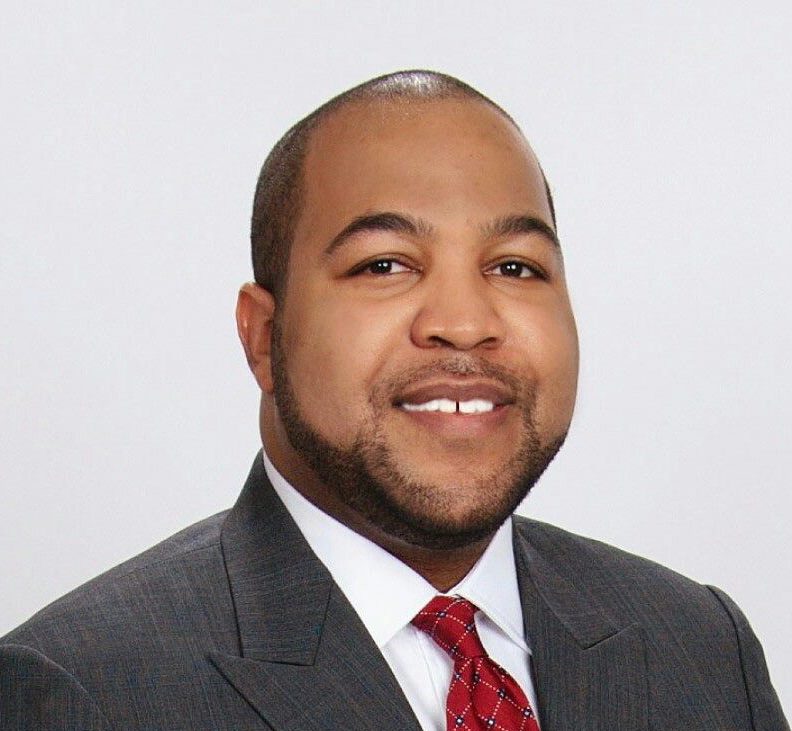Images from the 2016 Rio Olympics
From August 5 to August 21, millions of people from around the world watched the Games of the XXXI Olympiad in Rio de Janeiro, Brazil. In the months preceding the games, questions swirled about the preparedness of Rio’s infrastructure and the overall safety of the city. Honestly, I had my own doubts when I walked through the Rio—Galeão International Airport in June 2016 and saw gaping holes awaiting new elevators still in their boxes and unpainted walls in recently refurbished concourses. Nonetheless, the Games came—and went—largely without incident, leaving Rio’s reputation as a warm and inviting city largely intact.
For African-Americans and the wider Diaspora, the recent Olympic provided several inspiring images of Black athletes. Yet, they also showed a sobering reality of the challenges that Black people face irrespective of success or class.
1) The Olympics Games of #BlackGirlMagic
The #BlackGirlMagic hashtag has proliferated throughout social media to highlight the achievements of Black women across the world. Female Black athletes were the standout stars throughout the Olympics Games. African-American women not only excelled, they shattered stereotypes. Simone Biles. Simone Manuel. Michelle Carter. Gabby Douglas. Ashleigh Johnson. Allyson Fenix. In the running races in Track and Field, African-American women distinguished themselves by a first ever clean-sweep in the 200-meter race. But #BlackGirlMagic did not just sparkle for the United States. Brazilian Judoka, Rafaela Silva, won her country’s first Gold Medal. After a loss in the 2012 London Olympics, she was called a “monkey” by detractors and almost gave up her sport. The fact that she was raised in favelas (shantytowns) close to the Olympic stadium was even more poignant. South African runner Caster Semenya smashed records in the Women’s 800 meter race.
2) Double Standards and “Affluenza”
If there is anything we learned from the 2016 Olympics, it’s that double-standards of race and gender exist in the mainstream media. “Affluenza” was coined to describe use of white privilege to escape punishment. US gymnast Gabby Douglas was criticized harshly for her hair style, “attitude” and not showing proper respect during the United States National Anthem. Yet, after US swimmers were clearly shown to have lied about an assault incident in a police investigation and were later implicated for defacing property, the refrain from many media pundits several Rio Olympics officials was simply— “Boys will be Boys.” However, swimmer Ryan Lochte is a 32-year-old white male. While Ryan Lochte did eventually lose endorsements and earn a 10 month competition suspension, one wonders what would have happened without the open accusations of a social media double-standard relative to Gabby Douglas. The controversy swirling around NFL Quarterback Colin Kaepernick and his silent protest during the National Anthem should prompt us to be even more critical of how persons of African descent are shown in the media.
3) Brazil’s Complex Racial Reality
The Olympics are an opportunity for a city and a nation to showcase their best attributes to the world. To do so, sometimes questionable practices take place to hide conditions that are perceived by officials and organizers as harmful to the city’s image. Before the 1996 Atlanta Olympics, thousands of homeless persons were given one-way bus tickets to a destination of their choosing. Similar attempts to remove homeless persons from Olympic Games sites with little recourse for their future wellbeing occurred in Sydney 2000 and Athens 2004. In Brazil, massive walls were built to hide favelas (shantytowns) from tourists that were driving to the hotel sector. Brutally violent police tactics were used in the favelas to make the spaces “secure” with several of them being demolished and their residents given little compensation. The persons who suffered the most were poor and Black. In the opening ceremony cultural entertainment, Brazil openly acknowledged its African heritage and the existence and legacy of slavery. This was a bold step given the absence of public discussions around the existence and the effects of slavery in Brazil. Yet, many of my Afro-Brazilian friends were left asking, “What about the violence perpetrated against our people today?”
The Rio Olympics gave the world an opportunity to celebrate and admire the prowess of the best athletes in the world. It also, however, gave us glimpses into stark realities of racism and economic underdevelopment that continue to affect the African Diaspora. While the collective achievements of Black people in these Games are to be celebrated, the daily challenges faced by persons of the African Diaspora cannot be ignored.





